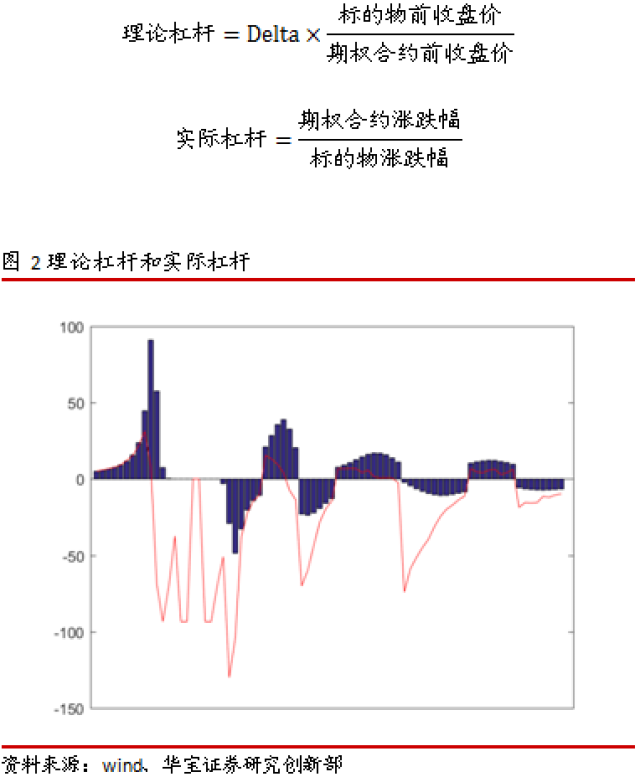|
|
Okay, so I need to figure out what a fusionist is. Let me start by breaking down the term. "Fusion" usually means combining things, like mixing different elements or ideas. So a fusionist might be someone who combines different concepts or approaches. But I should check if there's a specific context where this term is used.
I remember hearing about fusion in the context of energy, like nuclear fusion, but that's probably not related here. Maybe in political or social theory? There's something called "fusion politics" or "fusionism" in political science. Let me think. Fusionism is a political ideology that blends elements from different traditions, like conservative and libertarian, to form a more comprehensive approach. That sounds plausible.
Wait, I think there was a political movement in the US called the Fusionist movement in the 20th century. People like Robert A. Taft, a Republican, and some libertarians. They wanted to combine conservative economic policies with libertarian individual freedoms. So a fusionist would be someone who supports this blending of ideas.
But maybe there are other contexts too. In technology, fusion could refer to combining different technologies, like AI and blockchain. Could a fusionist in tech be someone who merges these fields? Or in art, a fusionist might create works that combine different cultural or artistic styles.
I should also consider if "fusionist" is used in other fields. For example, in music, there's fusion genres like jazz fusion or rock fusion. A fusionist there would be a musician who creates those blended styles. Similarly, in literature, a fusionist might write stories that mix different genres or cultural elements.
But the most prominent use I can recall is in political theory. The term was used by Robert A. Taft and others to describe a synthesis of conservative and libertarian thought. They were reacting against the New Deal and wanted to restore limited government but also emphasize traditional values. So fusionism in politics is about combining those two usually opposing ideologies.
Wait, but how exactly do they blend? Conservatives focus on traditional institutions, social stability, and sometimes intervention in the economy for moral reasons. Libertarians prioritize individual freedoms, minimal government, and free markets. Fusionists might advocate for a free market economy but also support traditional social values without government overreach. So it's a mix of economic libertarianism and social conservatism.
I should also check if there are any criticisms of fusionism. Critics might say that combining these two can lead to contradictions, like favoring free markets but wanting government to enforce social norms. Or that it's not a stable coalition because the two groups have different priorities.
Are there modern examples of fusionist politics? Maybe some Republican candidates who emphasize both economic freedom and traditional values. Or movements that oppose big government but support policies like anti-abortion laws or immigration restrictions.
In summary, a fusionist is someone who advocates for a synthesis of different ideologies, particularly in politics where conservative and libertarian principles are combined. They aim to create a balanced approach that addresses both economic and social concerns through limited government and traditional values. However, this synthesis can be challenging due to potential conflicts between the different components.
A fusionist is an advocate for synthesizing distinct ideologies or approaches, particularly notable in political theory. Here's a structured breakdown:
Political Context (Primary Use):
Origins: Coined in the mid-20th century, notably by Robert A. Taft, a conservative Republican, and libertarian thinkers. They sought to blend conservative and libertarian principles into a cohesive political movement.
Core Tenets:
Economic: Advocate for limited government, free markets, and fiscal conservatism.
Social: Emphasize traditional values, cultural continuity, and skepticism of progressive social policies.
Objective: Create a balanced governance model that respects individual freedoms while preserving societal traditions, avoiding the extremes of both ideologies.
Key Features:
Limited Government: Opposes excessive state intervention but retains a role in enforcing social norms.
Pragmatism: Solutions often depend on context, merging pragmatic policies from both traditions (e.g., free trade paired with anti-immigration measures).
Criticism:
Contradictions: Critics argue the fusion of economic libertarianism and social conservatism can lead to inconsistencies, such as advocating for free markets while supporting coercive social policies.
Coalition Challenges: Struggles to maintain unity between groups with differing priorities, potentially fracturing as issues evolve.
Modern Examples:
U.S. Politics: Some Republican figures, like those opposing the New Deal legacy, blend anti-tax platforms with traditionalist stances on issues like abortion or gun rights.
Global Trends: Similar movements may emerge in countries emphasizing sovereignty and cultural preservation alongside economic liberalization.

Other Contexts:
Technology: Fusionists might combine technologies (e.g., AI with biotech) for innovative solutions.
Art/Music: Artists creating hybrid styles, such as jazz-rock fusion or multicultural literature.
In essence, a fusionist seeks harmonious integration of conflicting ideas, aiming for a pragmatic yet cohesive vision. While effective in addressing complex societal challenges, the approach requires careful balancing to avoid internal conflicts.
|
|